Scott AndersonActs 2:1-21 † Psalm 104:24-35b † Romans 8:22-27 † John 15:26-27, 16:4b-15
This was not the first time that fire from heaven came down on the earth. It had happened before. In Exodus[i] we read that fire from heaven descended on the Tent of Meeting. It says, “Moses was not able to enter the tent of meeting because the cloud settled upon it, and the glory of the Lord filled the tabernacle.” Amid the 40 years of wilderness wanderings, whenever it lifted the Israelites would move, but when the cloud of fire settled on it, the Lord was in the tabernacle, and they stayed where they were. The theologian N.T. Wright[ii] reminds us it happened again in 1 Kings[iii]. For generations God lived in the Tent of Meeting, even after David the king had a home of his own. Finally, around 950bce, Solomon, David’s son, had finished the temple. God finally had a permanent home, and on the day of dedication, fire filled the temple in much the same way it had filled the tent of meeting. “The Lord has said that he would dwell in thick darkness,” Solomon proclaims. “I have built you an exalted house, a place for you to dwell forever.” And so God’s presence was assured for the Jewish people, and, in the thinking of this small tribal affiliation known as Israel, Solomon’s Temple became the centering place of the whole world.
0 Comments
Scott AndersonActs 1:15-17, 21-26 † Psalm 1 † 1 John 5:9-13 † John 17:6-9 A video version of this sermon can be found here. Perhaps you are aware that the US is the only developed country in which pregnancy-related mortality—deaths of women in childbirth—is actually going up rather than down. And while rates of infant mortality have generally gone down over the years, infant mortality remains a big problem among some populations—this in a country that has demonstrated such astonishing scientific capabilities when it comes to things like rapidly developing vaccines in a crisis that we are able to anticipate being back together next week. As of 2020, American women were far more likely to die from pregnancy-related causes than women in other wealthy countries.[i] There is an important, and startling caveat to all this, though. These numbers are not trending across the board. Both of these rates are driven by what is going on with Black women and babies.
Scott AndersonActs 8:26-40 † Psalm 22:25-31 † 1 John 4:7-21 † John 15:1-8
A video version of this sermon can be found www.standrewpc.org/sermons/5th-sunday-of-easter-year-bhere. It is important to notice, when we look at this Acts story of Philip and the Ethiopian Eunuch that it is a story with three characters not just two. Great detail is provided about the first two—unusually detailed information, in fact. This isn’t like some of Luke’s other stories where people are left in mystery. We know a great deal about Philip from other texts in Acts—he is a deacon: one of seven Greek-speaking Jewish Christians appointed by the Twelve to tend to the needs of others, especially widows in the Greek-speaking portion of the fledgling Christian community. He is known as Philip the evangelist. He eventually settled in Caesarea, a government seat in first-century Palestine. He had four daughters who were considered prophets.[i] We know perhaps more than we want to know about the Ethiopian. They are in charge of the treasury of the Candace, which is the official title of the queen mother who is head of the Ethiopian government. We know by their chariot that they have status. We know by their scroll that they can afford rare things. We know by their Greek that they are educated. We know by their reading Isaiah that they are devout. We know by their invitation that this Ethiopian is humble enough to know what they don’t understand and to ask for help, and hospitable enough to respond to Philip when he approaches. And we know, because the author of the two volume Luke-Acts story tells us five times, that they are a eunuch. Scott AndersonJeremiah 31:31-34 † Psalm 119:9-16 † Hebrews 5:5-10 † John 12:20-33
A video version of this sermon can be found here. Unless a grain of wheat falls into the earth and dies, it remains just a single grain; but if it dies, it bears much fruit. Here is the crux, the turning point of John’s gospel. It marks the major turn in the structure of the book. The hour has indeed come, even though we are only halfway through the gospel. “Now is the judgment of this world; now the ruler of this world will be driven out.”[i] We should not miss this. And if we do not understand, we are wise to listen and open ourselves to it until we do. To accentuate the point, we hear not only the voice of Jesus, but the voice of heaven affirm it. In the other gospels—in Matthew, Mark, and Luke—the voice of God is also heard, but at Jesus’ baptism. In John, it is heard here and here only. “I have glorified it—God’s name, that is—and I will glorify it again.” Why here? And what does it mean? This is a strange affirmation to a strange fruit. Perhaps it seems counterintuitive to believe that death breeds life. We do know, though, the truth of this text so central to our Christian faith. We have seen again and again the power of self-giving and sacrifice. Martyrs through history have given themselves so that life would change for the many. Scott AndersonGenesis 1:1-5 † Psalm 29 † Acts 19:1-7 † Mark 1:4-11 A video version of this sermon can be found here.
Scott AndersonAmos 5:18-24 † Psalm 70 † 1 Thessalonians 4:13-18 † Matthew 25:1-13 A video version of this sermon can be found here. Keep awake! That’s the message Jesus draws from this murky story in Matthew right before the parable of the talents which we’ll see next Sunday. There’s all this detail in the story—a bridegroom, but no bride anywhere to be found; lamps (which are really torches) and oil. Five brought oil, the other five didn’t. It’s not that they didn’t bring enough, they just didn’t bring any, or maybe they didn’t have any. And apparently there’s an all-night oil shop open somewhere down the road. All ten bridesmaids--virgins actually, fall asleep, by the way. All of them. The bridegroom arrives late, seriously late, and five make it into the party and five are shut out. And Jesus tells his listeners to keep awake. Scott AndersonIsaiah 5:1-7 † Psalm 80:7-15 † Philippians 3:4b-14 † Matthew 21:33-46
Long before our country was founded, this land belonged to the many indigenous tribes who had lived here for thousands of years. The tribes had their own customs and laws. They were deeply connected to the land and maintained rich wisdom traditions that were lost on the Europeans who came to conquer and colonize to sow a trail of tears through the continent. It is also true, of course, that even before European colonization, they fought one another. They were not unfamiliar with the cycles of violence we often find ourselves trapped in. One of the reasons for the constant conflict was a practice known as “mourning wars.” Tribal people had come to believe that the only way they could ease their pain when someone they loved was killed was to return like for like, to take revenge—to kill people from the offending tribe. Scott AndersonEzekiel 18:1-4, 25-32 † Psalm 25:1-9 † Philippians 2:1-13 † Matthew 21:23-32 Some of the most striking painted rock art in the world is found in the sea caves of Norway’s western coastline. They are located in wild, remote, Arctic areas where peaks plunge into the ocean, hammered by ice and wave actions over millennia. There are twelve such painted caves, containing around 170 simple stick figures, arms and legs stretched wide as if they are dancing or leaping. These are different that the far more common petroglyphs which have been carved into rock here and throughout the world by the ancients. These are paintings, made using iron oxide pigment, daubed using fingers or brushes some two to three thousand years ago by Bronze Age hunter-gatherer-fisher people who made their lives along an isolated coastline. The art that they made was preserved in remote caves in wild places. Scott AndersonJonah 3:10-4:11 † Psalm 145:1-8 † Philippians 1:21-30 † Matthew 20:1-16
You can find a video copy of this sermon in the context of worship here. They are both right, aren’t they? This is no case of fake news. It’s just a problem with perception and location and what’s fair. The laborers who were hired first thing in the morning, who went out and put in their twelve hours under the hot sun cannot abide that they are paid the same as those last to join the party, who work an hour at best—and get just as much. It is not fair. Or, to be more precise, it is not equitable. This is true. And yet, the landowner has an equally valid point, doesn’t he? Did I not keep our agreement? We negotiated for the usual day’s wage at the beginning. This is what I’ve given you. How have I wronged you? Scott AndersonEzekiel 33:7-11 † Psalm 119:33-40 † Romans 13:8-14 † Matthew 18:15-20 You can find a video copy of this sermon in the context of worship here. Daniel Kirk, has given his expertise to studying early Christianity, particularly as it is represented by the apostle Paul. Kirk attends two churches on Sundays: a traditional Reformed Church in America and a house church—well, he did before the pandemic. Kirk has shifted his definition of church from what we do to who we are together. “Church is the people I’m trying to follow Jesus with and the people who are following Jesus with me. It’s the intentional community of people who walk in self-giving love for each other while trusting themselves to the care of God.”[i] I am especially struck and convicted by that last phrase--trusting themselves to the care of God. Richard Rohr gets at this when he suggests Jesus praised faith even more than love. Now, both are pretty important, it seems. Especially in these polarized times. I remember visiting Cuba some years ago. We traveled on a religious visa with the Presbyterian church and spent much of our time with the First Presbyterian Church Havana community.
|
St. Andrew SermonsCategories
All
|
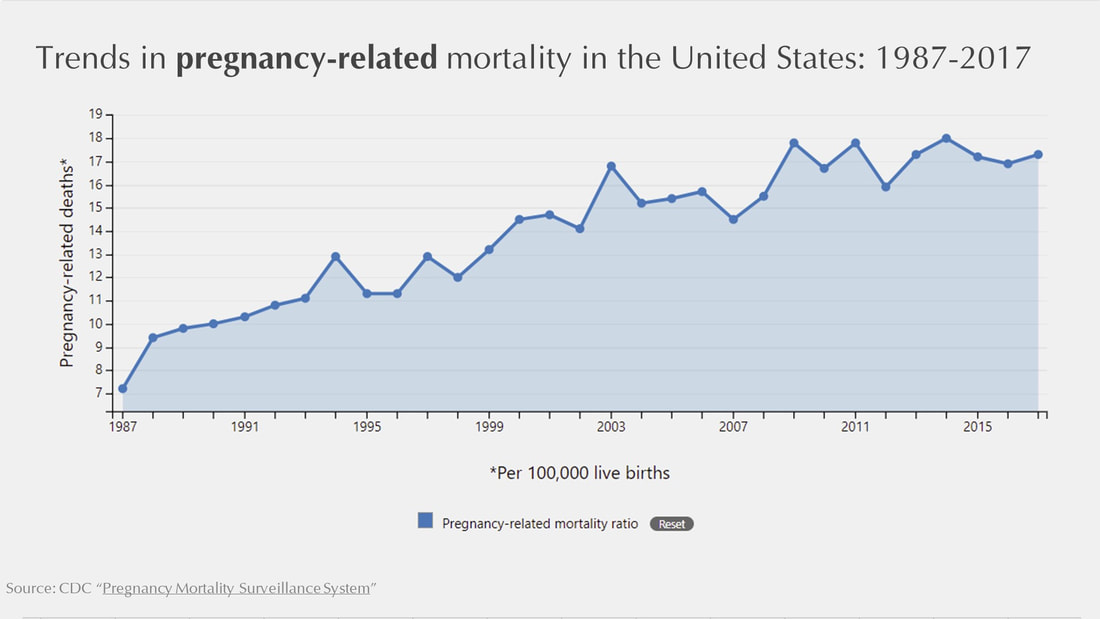
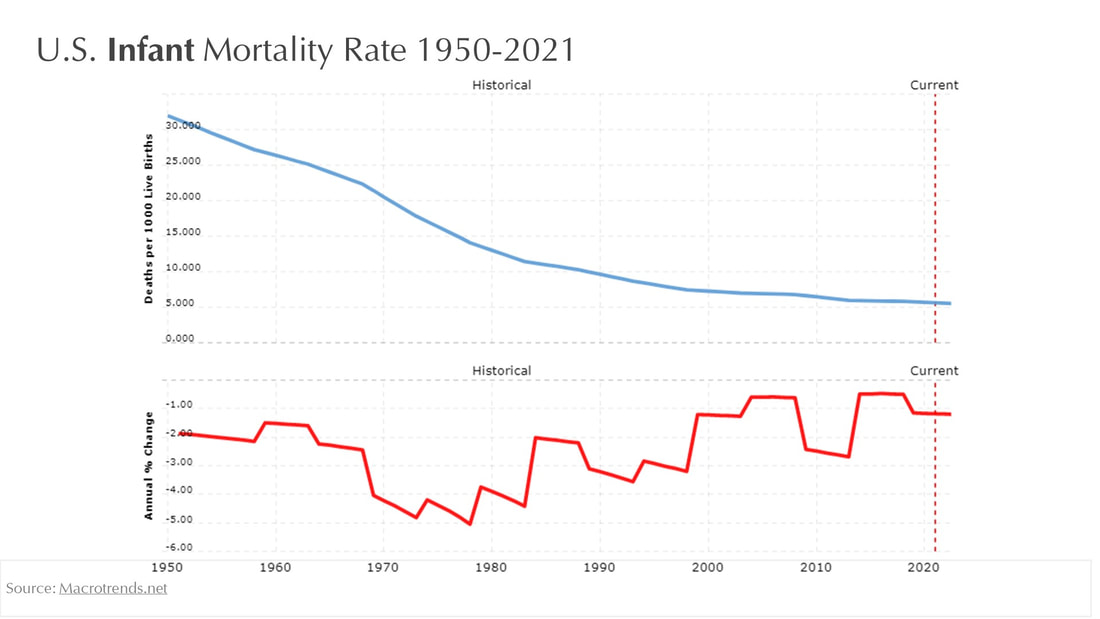
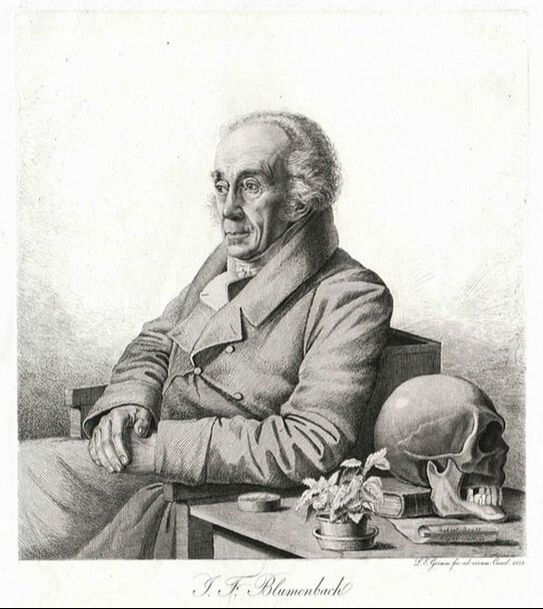

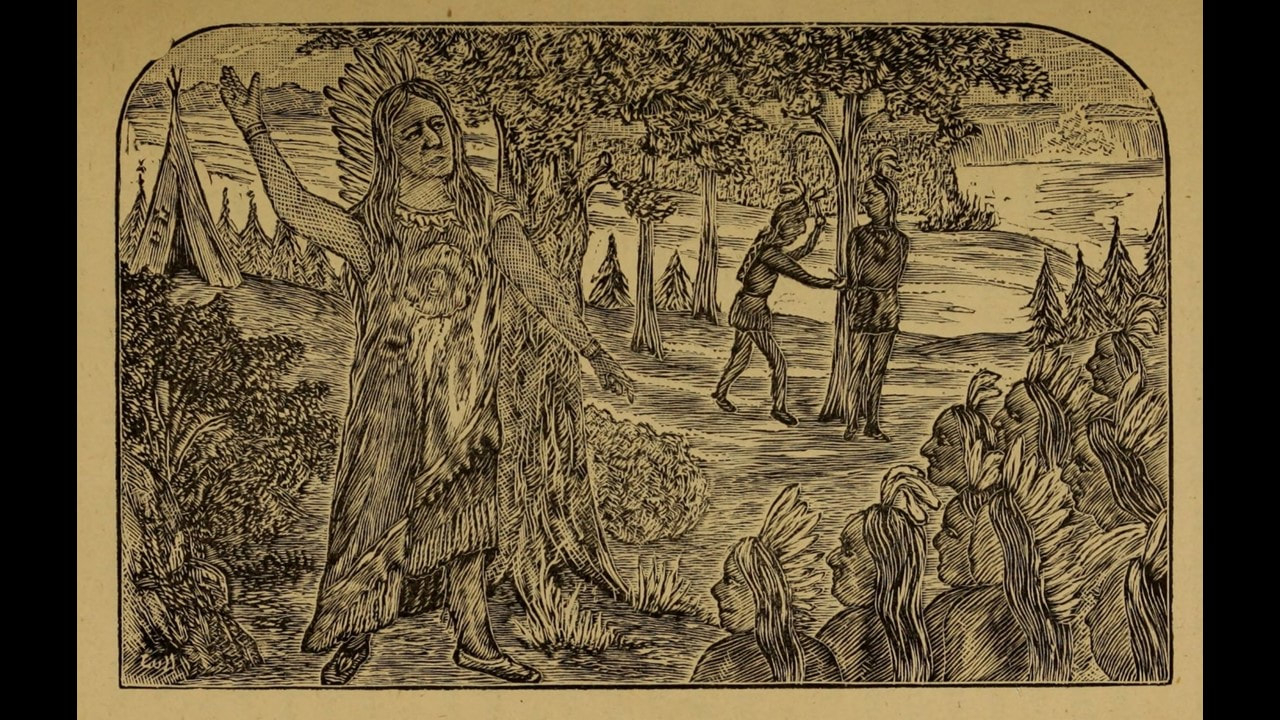
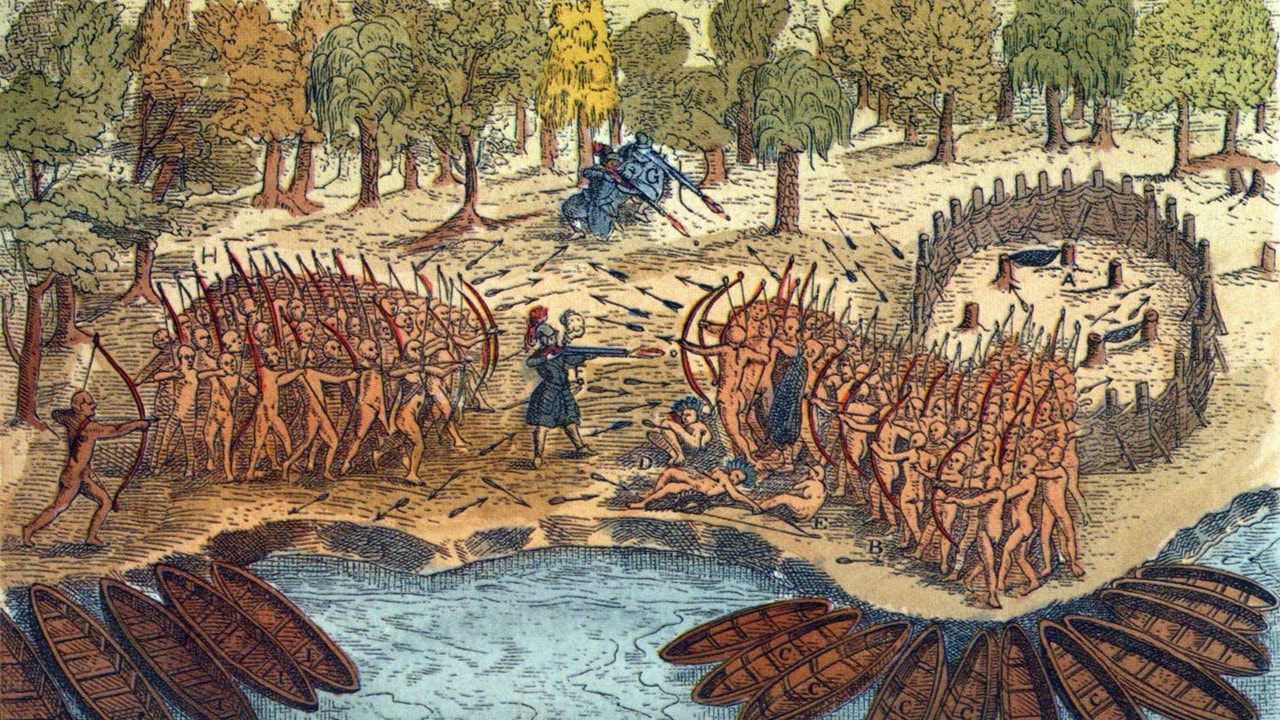




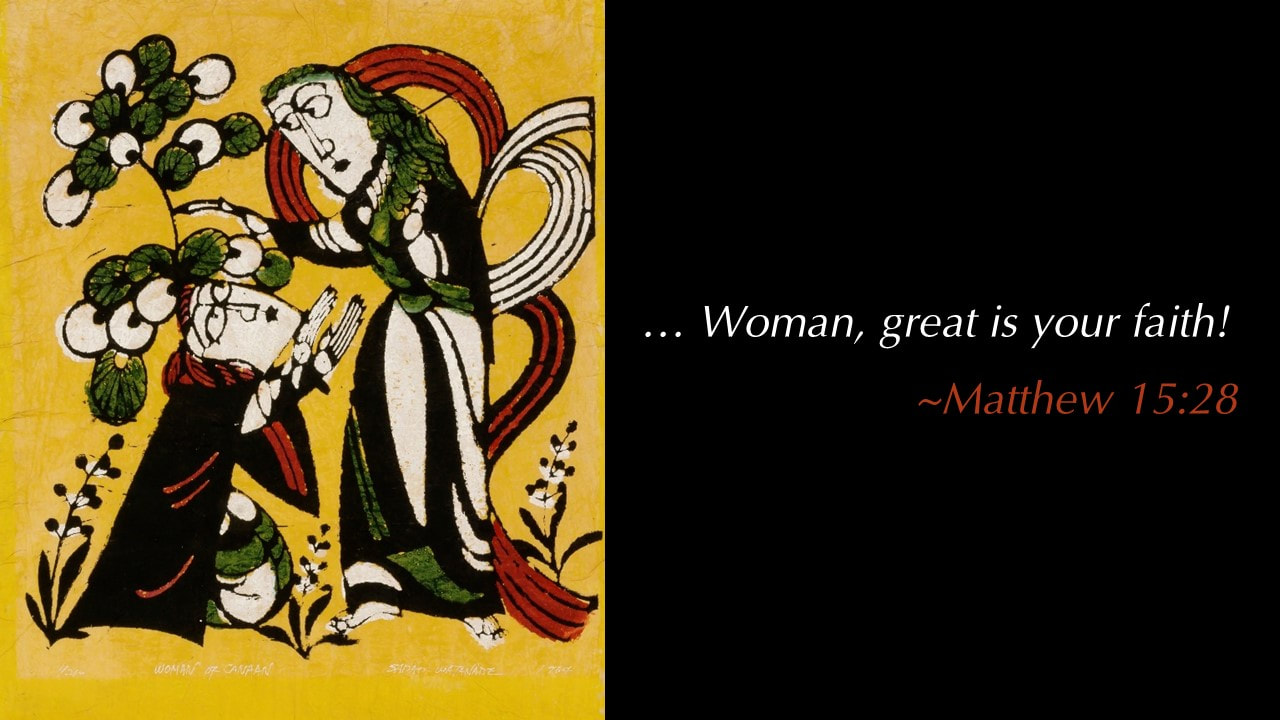
 RSS Feed
RSS Feed